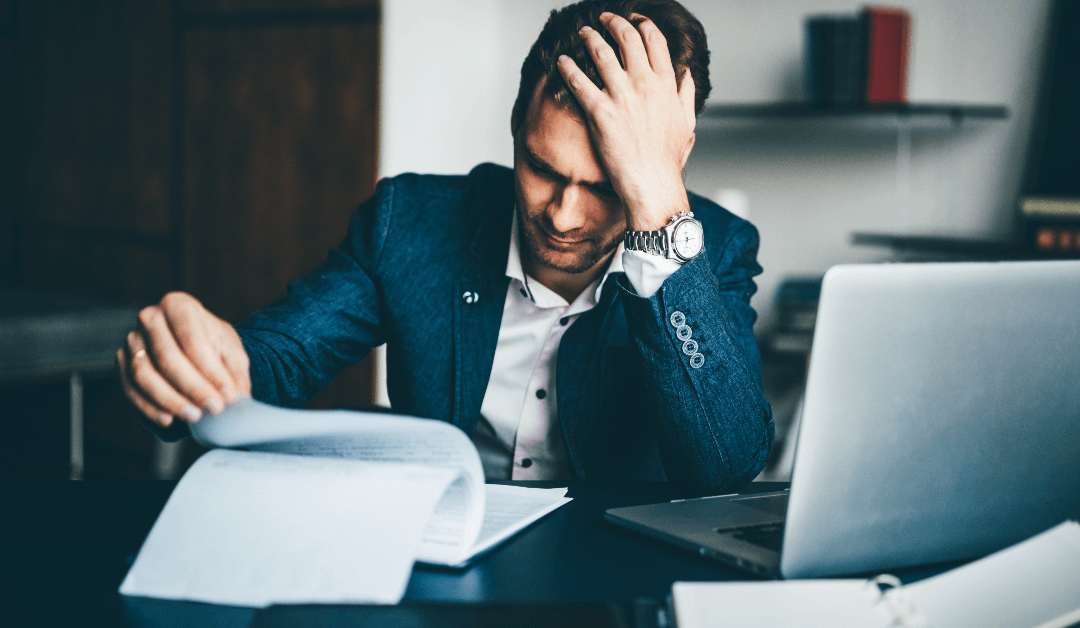Bankruptcy, refers to a legal proceeding that’s usually initiated by a business or individual who is unable to meet their financial obligations.
There are many types of bankruptcies, and they all fall under federal law.
Consumer Bankruptcy is one of them, and it refers to a situation where an individual is unable to pay back the debts they owe that were incurred for personal needs.
Once the proceedings for bankruptcy are concluded, this individual is no longer liable for these debts. The court enters a discharge order that releases the person from debts.
They, therefore, end up with a clean financial slate, although the bankruptcy remains on their credit reports for at least ten years.
Bankruptcy may look like the best option in most cases, but it’s essential to understand that it has some lasting consequences and should only be used as a last resort in times of tough financial problems.
There are plenty of other considerations an individual should consider before filing for bankruptcy.
Other types of bankruptcies
Chapter 7 Bankruptcy
This one is also known as “Liquidation Bankruptcy.” It enables an individual to discharge their debts legally.
There are, however, specific rules that must be followed for one to qualify for Chapter 7 bankruptcy, plus, there are specific debts allowed for this.
First of all, your income must be equal to or below the median included in your estate to qualify.
Each estate has different requirements, and if your income is above the requirement, then the court will apply what they call a “means test,” which is based on the last six months of income.
If you have the means to pay the debts, you do not qualify for Chapter 7 Bankruptcy.
Chapter 13 Bankruptcy
Chapter 13 is also known as “A wage earner’s bankruptcy,” and it is a way that enables a borrower to restructure their debts so they can afford payments.
It is an option for people who have high incomes and would wish to keep their properties.
However, some debts will be eligible, while others will require you to pay them in full using a payment of between 3 and 5 years.
You must however, meet the following criteria to become eligible for Chapter 13;
- Your total secured debts must be equal to or less than $1,184,200.00.
- You should not have any bankruptcy petition that was dismissed in the last 180 days due to failure to comply or appear in court.
- You should not have received counseling from an approved counselor in the last 180 days after filing a petition.
Chapter 13 is different from chapter 7 because, in Chapter 13, you can attempt to keep or even keep your properties that are still requiring payments.
Finally, ensure to weigh the pros and cons of bankruptcy filing before you go ahead with it, as this will stay in your credit report for the next ten years.


Excellent reading! Individual debtors can file for consumer bankruptcy. Individuals filing for bankruptcy generally do so under Chapter 7 or 13. Although there is no minimum debt limit for filing for bankruptcy, it is crucial to understand that not all debts are covered by bankruptcy. As a result, consult a bankruptcy lawyer to learn more about the procedure and the debts that may be discharged before filing. This will assist you in planning for the uncovered bills.
Excellent article! Individual debtors are eligible for consumer bankruptcy and often seek relief under Chapter 7 or 13. Filing for bankruptcy prevents creditors from bothering you immediately. It either removes or consolidates debts, depending on the filing. Furthermore, it provides legal protection. The most fundamental benefit of filing for bankruptcy, whether Chapter 7 or Chapter 13, is that it provides you with a fresh financial start.